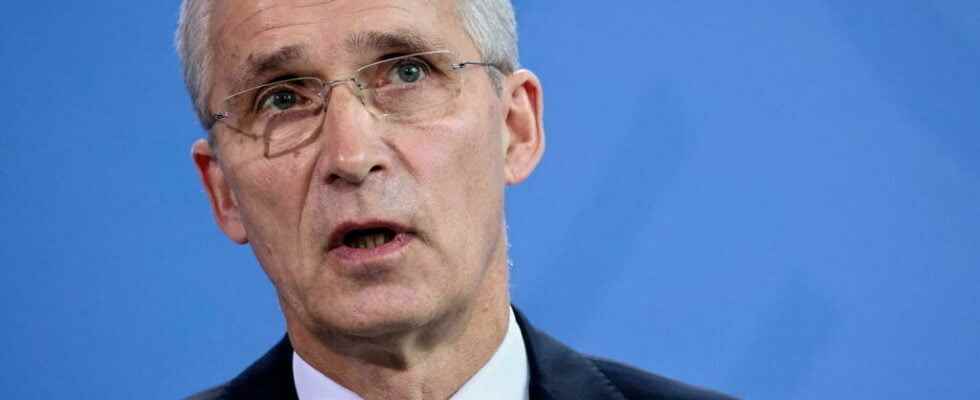The current head of NATO, the Norwegian Jens Stoltenberg, has just been appointed by the Norwegian government to head the Central Bank of Norway. This appointment comes in the midst of a crisis between the West and Russia over the Ukrainian question.
It is therefore the former Prime Minister and Minister of Finance Jens Stoltenberg who was preferred to the former Vice-President of the Central Bank Ida Wolden Bache. A seasoned politician, Jens Stoltenberg also led the Labor Party (AP), which he left to lead NATO.
But his appointment as head of the Central Bank of Norway is controversial. His supporters claim that this economist by training has the experience and the political clout to lead the Central Bank. Its opponents are worried about the independence of the institution.
Jens Stoltenberg has declared that he will remain a member of the Labor Party, which will not prevent him from making unpopular choices if necessary. Not enough to reassure his detractors who wonder about the links of the future boss of the central bank with the Labor Party, currently in power in coalition with the centrist party.
In a global context of inflation, he will be responsible for setting interest rates, ensuring the country’s financial stability and overseeing the management of the Norwegian sovereign wealth fund, which with $1.4 trillion in assets is the largest sovereign wealth fund in the world.
Who to replace Stoltenberg?
On 1 October next, Jens Stoltenberg will therefore leave the post of Secretary-General of NATO, which he has held since 2014. He will now have to be replaced. When the Norwegian arrived at the helm of the Atlantic Alliance eight years ago, Russia had just invaded and annexed Crimea, recalls our correspondent in Brussels, Pierre Benazet. His departure is confirmed when the Russia threatens Ukraine again. You could almost say that the circle is complete.
During these eight years, Jens Stoltenberg will have had more than one confrontation with Russia. And now that the Afghan operation is over, NATO has returned to its primary mission: to face Moscow. This geographical refocusing could be decisive for the replacement of Jens Stoltenberg, the first secretary-general of the Alliance to come from a country bordering Russia. Among the rumours, two former Baltic presidents would be the best placed to succeed him: the Estonian Kersti Kaljulaid and the Lithuanian Dalia Grybauskaitė.
They have for them to have exercised the supreme magistracy, but also to be women and to come from countries bordering Russia. On the other hand, the arrival at the head of NATO of a secretary-general from a former Soviet republic could well give the Kremlin hives.
